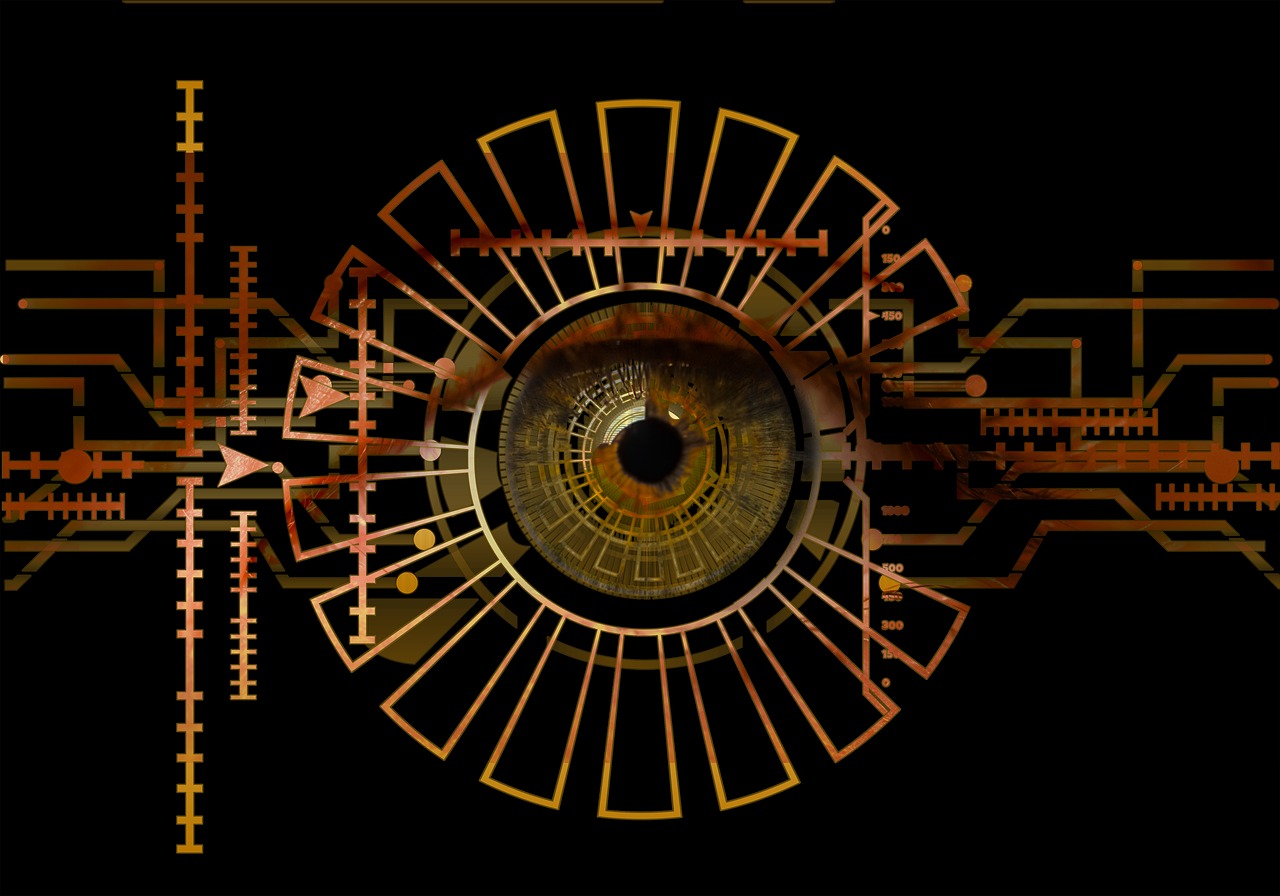Blockchain is continuously making headlines these days, and its popularity may mislead one to think that blockchain is already a mainstream technology. The fact is that blockchain is still years from any mainstream application, as it is only accepted by a handful of countries. Nevertheless, fans of blockchain technology believe that the technology has far reaching potential and it simply cannot be neglected. However, it is difficult to predict with 100% certainty what the impact of blockchain technology on society will be.
When discussing the threats to blockchain technology, people generally focus on regulations and how they will impact the overall acceptance of blockchain. However, people seldom discuss the impact of other technologies on blockchain technology.
Blockchain’s fame can be accredited to the security it provides, as it allows a ledger of transactions to be safely distributed over a large network of computers. Any single user in the network cannot change or try to break the ledger. This makes the blockchain network very secure, as well as public.
However, the technology that people forget to discuss while analyzing the threats to blockchain, is quantum computing. The emerging technology poses a threat to the core feature of blockchain technology, putting the immutable ledgers under threat. To understand how quantum computing can harm blockchain’s ledger, it is important to understand how both technologies work.
Blockchain’s ledger employs a security system that is comprised of a private key and a linked public key. The private key is known only to the owner of the transaction, while the public key is distributed onto the network. The link between the two keys is usually a factor of the product of any two large prime numbers. Therefore, to determine the private key from the public key would literally take billions of years due to the sheer size of the prime numbers involved.
This is where quantum computing comes into play. The time stated above is only applicable for classical computers. If the processing power of computers is significantly improved, then theoretically, it may be able to derive the private key from the public key in a short period of time. Classical computers use a binary language, which is based on a series of 0 or 1, for their processing. Whereas, the quantum computers us qubits, which can exist in any superposition of values between 0 and 1. In this way, the computing power of computers is significantly increased.
Currently, quantum computing is one of the most researched technologies in the tech market. Google and IBM are currently working on their own quantum computers. Numerous other companies are carrying out research on the technology. Quantum computers will eventually pose a threat to not only blockchains, but all security systems that use the public and private key cryptographic security protocols.
However, quantum resistant blockchains are already being developed. These use hash-based cryptographic algorithms to develop their systems. In such blockchains, the private keys will be generated from the public keys using hash-based cryptographic algorithms. Such systems will be much less vulnerable to quantum computers. Considering the gravity of the situation, replacing the traditional systems with quantum-resistant blockchain technologies would be the efficient route in upgrading the security systems.

Quantum computing, a threat to blockchain?
When discussing the threats to blockchain technology, people generally focus on regulations and how they will impact the overall acceptance of blockchain. However, people seldom discuss the impact of other technologies on blockchain technology.
